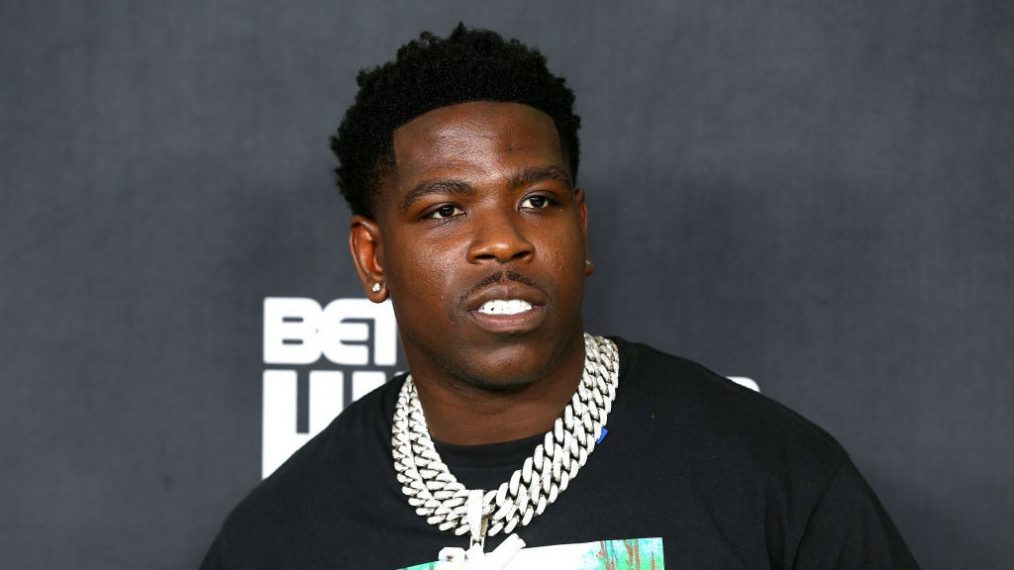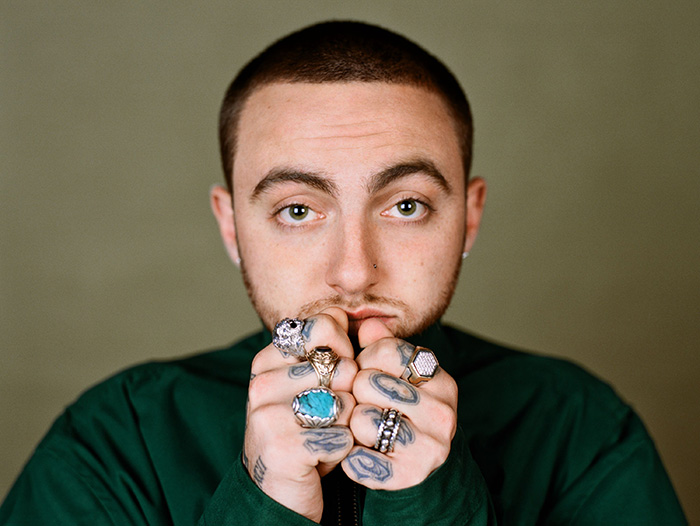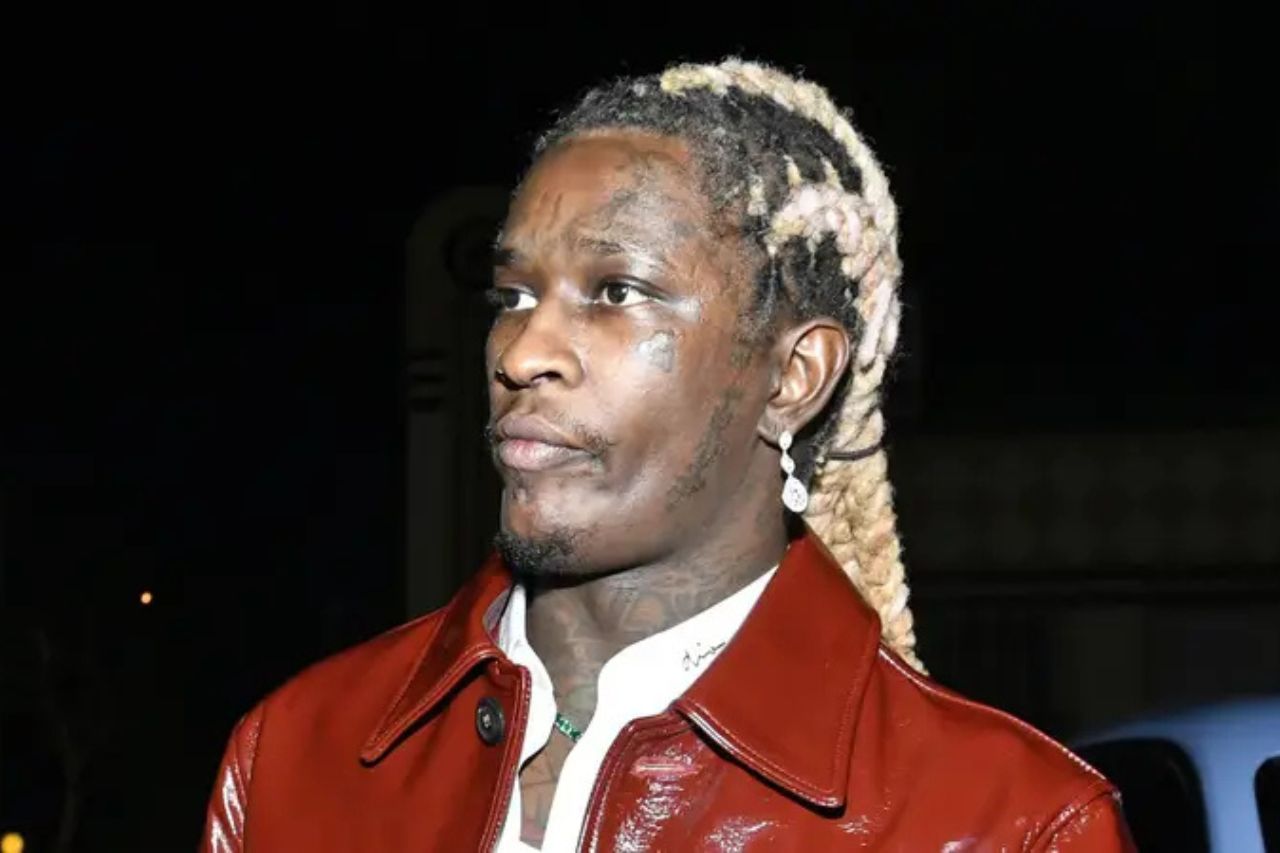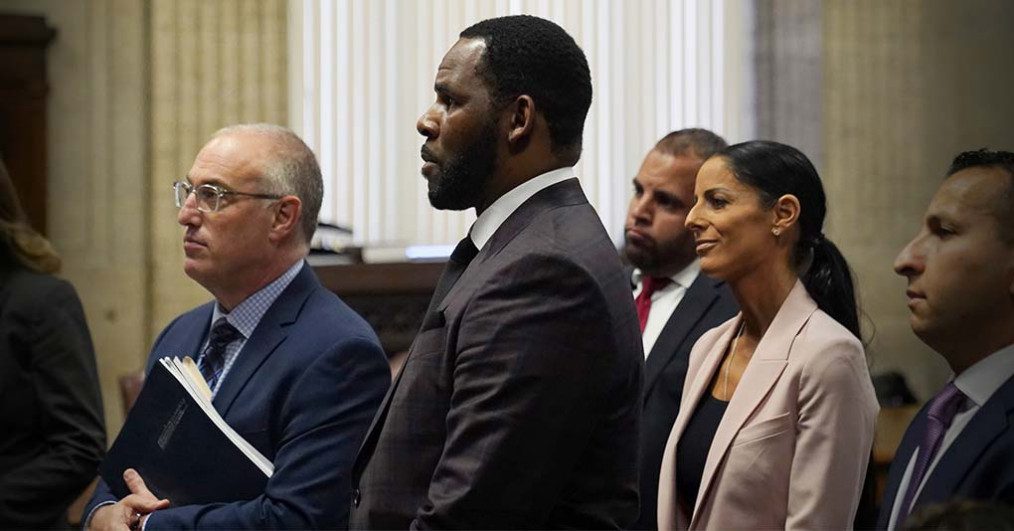In a sobering twist to one of the most unlikely stories in modern hip-hop, rapper Silentó—best known for his viral 2015 hit “Watch Me (Whip/Nae Nae)”—was sentenced to 30 years in prison after pleading guilty to the 2021 murder of his cousin, Frederick Rooks. The sentence marks the grim conclusion to a case that stunned fans and turned a once-celebrated teen internet sensation into a cautionary tale about fame, mental health, and violence.
Born Richard Lamar Hawk, Silentó catapulted into stardom at just 17 years old with a dance-heavy anthem that swept through TikTok and YouTube, earning him millions of fans, a platinum plaque, and a seat at the table of viral fame. But behind the scenes, the Atlanta rapper’s life was unraveling in ways most fans never saw coming.
The Crime That Shattered the Illusion
On January 21, 2021, Frederick Rooks was found dead in a Georgia neighborhood, shot multiple times. Police responding to the scene discovered surveillance footage from neighboring homes that linked a car driven by Silentó to the scene of the crime. Within days, the rapper was arrested and charged with malice murder, felony murder, aggravated assault, and gun possession during the commission of a felony.
The motive was never fully clear, but investigators suggested the act stemmed from a personal dispute. Silentó and Rooks were family, but in court documents and testimonies, prosecutors painted a picture of paranoia, erratic behavior, and a man in deep mental turmoil.
For over two years, the case crawled through the Fulton County legal system as Silentó’s attorneys argued mental illness played a significant role in the incident. Ultimately, the rapper pleaded guilty to a reduced charge of voluntary manslaughter, effectively accepting responsibility while sidestepping a life sentence. He was sentenced on June 10, 2025, to 30 years behind bars with the possibility of parole after serving a portion of his term.
A Meteoric Rise—and a Fast Fall
It’s impossible to talk about Silentó without revisiting the impact of “Watch Me (Whip/Nae Nae).” At the height of the Vine and early TikTok era, the track exploded in popularity thanks to its catchy call-and-response hook and danceable instructions. Schools, birthday parties, weddings—even NBA halftime shows—featured kids and adults alike performing the “whip” and “nae nae” in choreographed joy.
The single hit No. 3 on the Billboard Hot 100 and spawned one of the most infectious dance crazes of the 2010s. At one point, the music video had more than 1.9 billion views on YouTube. Silentó was even invited to perform on national TV, including appearances on The Ellen DeGeneres Show, Good Morning America, and The BET Awards.
But after the viral dust settled, Silentó struggled to replicate his initial success. Despite releasing a debut album and a string of follow-up singles, none managed to capture the same cultural spark. And as the fame dimmed, reports of bizarre behavior began to surface.
A Downward Spiral in the Spotlight
By 2020, Silentó’s life was spiraling. He was arrested multiple times that year, including for domestic violence in California, entering a stranger’s home with a machete, and driving 143 mph in Georgia. Each arrest came with headlines that only deepened public curiosity—and concern—about the young star’s mental state.
Family members and former collaborators would later speak publicly about Silentó’s erratic behavior, citing bipolar disorder and untreated trauma. His legal team confirmed he had been diagnosed with a serious mental illness and had previously been hospitalized.
“Richard needed help,” said a family friend who spoke anonymously. “But help doesn’t always come when you’re famous. Sometimes the industry uses you up, then forgets you.”
In court, his lawyers argued that his actions the night of the murder were not premeditated but the result of a deteriorating mental condition. Prosecutors, however, maintained that he knew what he was doing—and that Frederick Rooks paid the ultimate price.
The Industry’s Reckoning With Mental Health
Silentó’s case isn’t just about one man’s tragic mistake. It has reignited conversations across the hip-hop community about how the industry addresses mental health, especially among young Black men thrown into the spotlight without the infrastructure or support to handle it.
The same fame that propelled Silentó to global recognition also magnified his fall, and his story has drawn parallels to other young artists who rose fast and crashed hard. From Juice WRLD to XXXTentacion, Lil Peep to Pop Smoke, the industry has watched numerous promising careers end in tragedy. While not all were due to mental illness or crime, the recurring themes—trauma, fame, isolation, and lack of support—persist.
“Hip-hop has always reflected real life,” said journalist and culture critic Marcus Eldridge. “But when real life includes untreated illness, paranoia, and violence, we have to ask: are we really protecting our artists? Or are we just consuming them?”
Final Words and a Legacy in Pieces
At his sentencing, Silentó reportedly addressed the court, expressing remorse for his actions and sorrow for the pain caused to his family and fans. His mother, present in court, broke down as the sentence was handed down. There was no public statement from the Rooks family.
The once-charismatic teen who taught the world how to “Whip” and “Nae Nae” now faces decades in a Georgia state prison, his career a casualty of decisions and demons he couldn’t outrun.
The music lives on—trapped in nostalgic playlists and viral dance compilations—but the man behind it will spend much of his adult life behind bars. It’s a tragic, cautionary tale that underscores the harsh realities behind viral fame and the high cost of untreated pain.
As the world moves on, one can only hope the industry listens—really listens—to the warning Silentó’s story now represents.

Hulda Hicks was born in Brooklyn, NY in the late ’70s, at the time when Hip-Hop music was just emerging as an art form. Her entire life was influenced by the culture, having grown up in the epicenter of the creative movement.
As a trained musician and vocalist, Hulda got exposed to the industry in her twenties and has worked on projects with iconic figures such as the Chiffons, the Last Poets, and Montell Jordan, to name a few. Her passion for music extended past the stage on to the page when she began to write ad copy and articles as a freelancer for several underground publications.
A written review from “Jubilee Huldafire” is as authentic as it gets, hailing from one creative mind that has a unique voice, on paper and in person.







